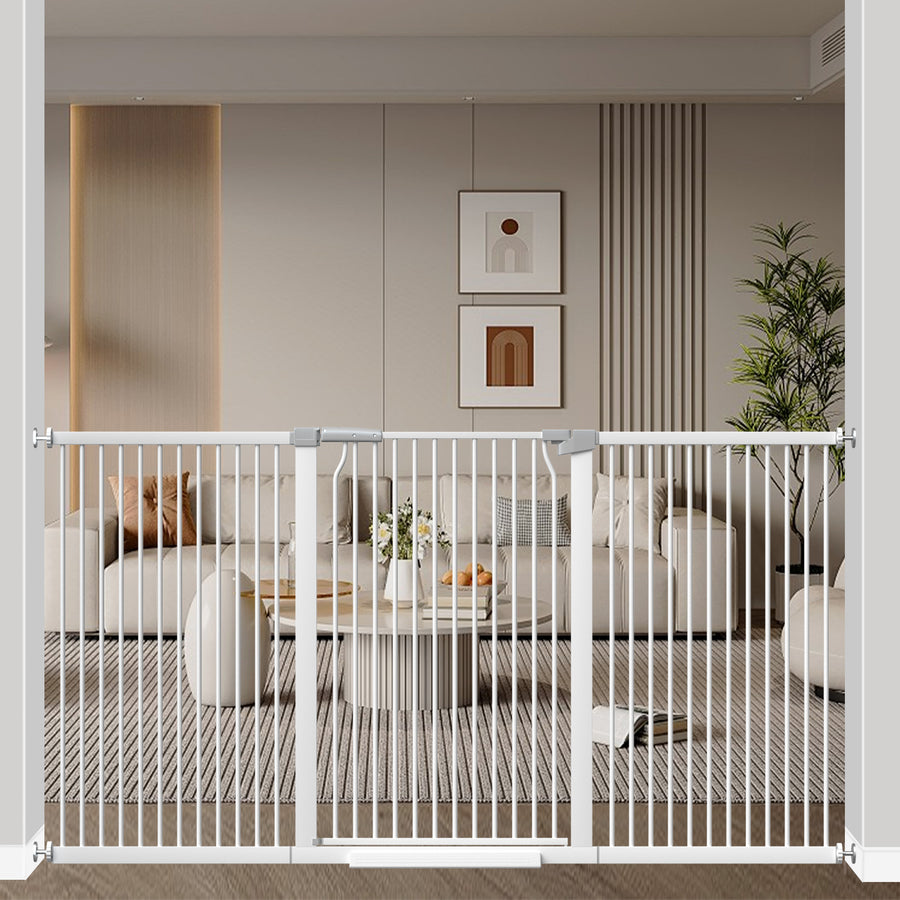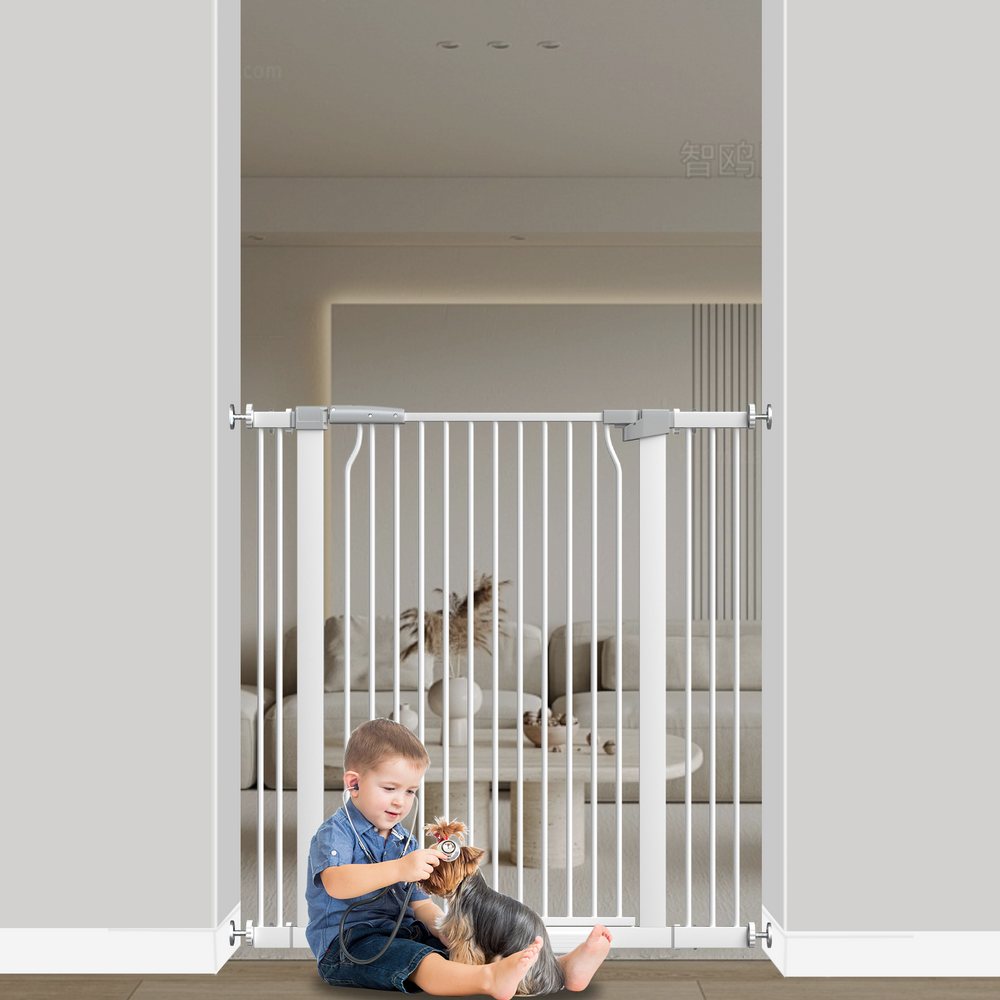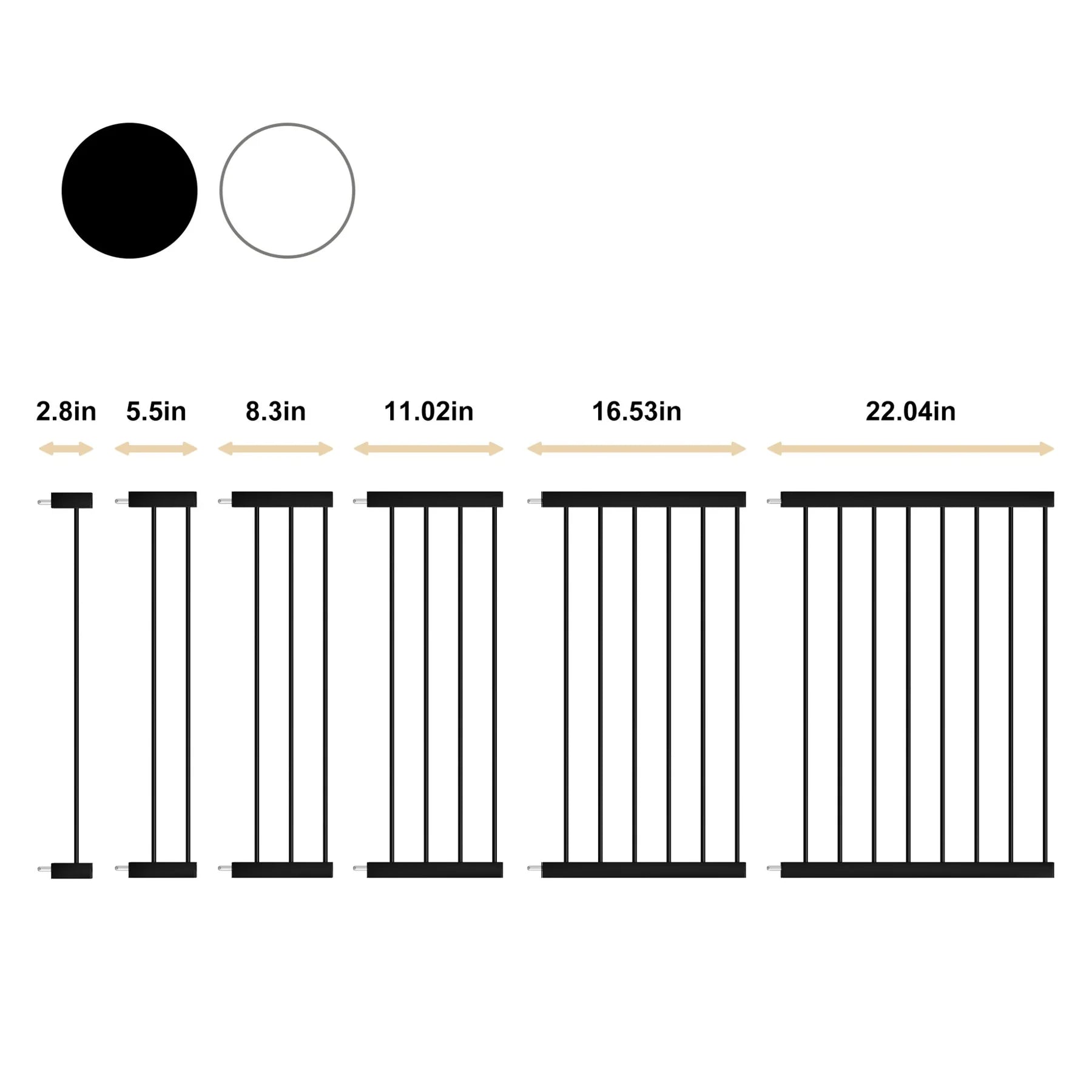Bedroom Safety Checklist: Ensuring a Safe Haven for Your Family! (2023 Updated)
Ensuring the safety of our loved ones, especially children, is paramount. The bedroom, a place of rest and relaxation, should also be a haven of safety. This comprehensive checklist will guide you through the essential safety measures you need to take in both children's and adults' bedrooms.
Child's Room/Bedroom Safety
The safety of a child's bedroom is crucial as children, especially toddlers, are naturally curious and can get into potentially dangerous situations without even realizing it.
Furniture and Bedding Safety
- Changing Tables: Does your baby's changing table have a safety belt? This prevents the baby from rolling off.
- Crib Standards: Ensure all painted cribs, bassinets, and high chairs are manufactured after 1978. Before this year, paint often contained harmful lead.
- Crib Slats: Are they less than 2-3/8 inches (6 centimeters) apart to prevent a baby's head from getting trapped?
- Headboard and Footboard: Ensure they are free of large cut-outs which can trap a child's head.
- Crib Hardware: Is all hardware secure, ensuring the crib's stability?
- Mattress: It should be firm, flat, and fit snugly in the crib to prevent suffocation risks.
- Drop Sides: Modern cribs should be free of a drop side as they pose a risk of injury.
- Crib Clutter: Keep the crib free of soft pillows, stuffed animals, bumper pads, and soft bedding to reduce suffocation risks.
- Hanging Mobiles: Ensure all strings or ribbons are clipped off to prevent choking hazards.
- Using Baby Gates: It helps a lot in everywhere, like door stair baby gates.

Room Hazards
- Window Cords: Tie window blind and curtain cords with clothespins or specially designed cord clips. Keep them out of reach, especially away from cribs.
- Electric Cords: All cords, including baby monitor cords, should be at least 3 feet away from the crib or bed.
- Furniture Stability: Secure dressers to the wall or floor and always keep drawers closed to prevent tipping hazards.
- Toy Storage: Ensure toy chests have lid supports to prevent them from slamming shut. They should also be non-locking to avoid entrapment.
- Windows: Install window guards on non-emergency exit windows to prevent falls.
- Nightlights: Place them away from any fabric, like bedspreads or curtains, to prevent fire hazards.
- Sleepwear: Ensure your child wears flame-retardant sleepwear to reduce burn risks.
- Smoke Alarm: Install a smoke alarm outside the bedroom for early fire detection.
- Clothing Safety: Remove all drawstrings from your child's clothing to prevent strangulation.
More tips here: Childproofing 101: Make Your Bedroom Safe for Toddlers Under 3!
Adult's Bedroom Safety
While adults' bedrooms might seem less hazardous, there are still potential dangers lurking.
General Safety
- Medications and Small Objects: Store all medicine bottles, loose pills, coins, and scissors out of reach to prevent accidental ingestion or injury.
- Window Cords: As in a child's room, ensure window blind and curtain cords are tied with clothespins or specially designed cord clips.
Firearm Safety
If you own firearms, it's essential to store them safely:
- Firearm Storage: Store them in a securely locked case out of kids' reach. All firearms should be stored unloaded and in the un-cocked position.
- Ammunition: Store ammunition separately in a securely locked container.
- Keys: Always keep them hidden from children.
Additional Considerations
- Carbon Monoxide Detector: Install one near the bedroom to detect any potential CO leaks.
- Emergency Exit Plan: Ensure all family members know how to safely exit the bedroom/home in case of emergencies.
- Rugs: Secure rugs to the floor to prevent tripping hazards.
By following this comprehensive checklist, you can ensure that your bedroom remains a safe haven for all family members. Regularly reviewing and updating safety measures is key to maintaining a secure environment. Source
Note: This checklist is a guide and may not cover all safety concerns. Always consult with safety professionals or conduct further research for a more exhaustive list.






Leave a comment